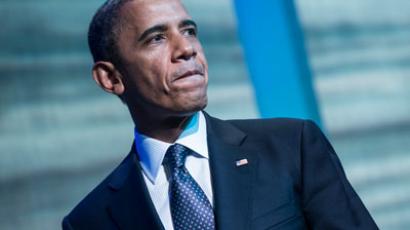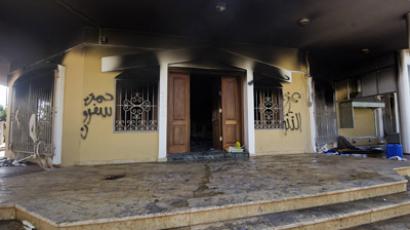Kerry subpoenaed to testify in Congress over Benghazi
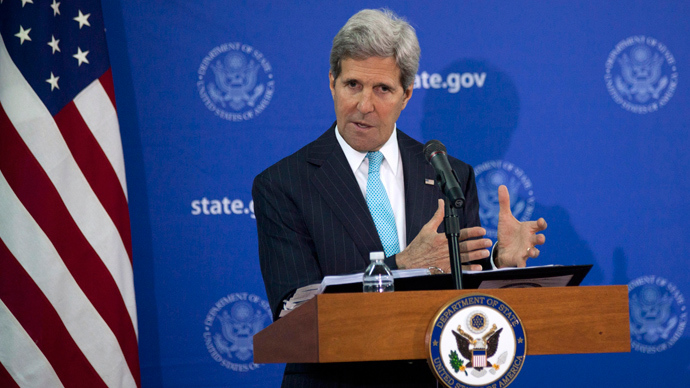
Following revelations that the White House kept certain emails related to the 2012 attack in Benghazi, Libya, from Congress, Secretary of State John Kerry has been subpoenaed to testify on his department’s handling of the situation.
The email in question – drafted by deputy national security adviser Ben Rhodes – was sent to multiple administration officials and advised then-United Nations ambassador Susan Rice on how to discuss the event during her television appearances. When Congress initially subpoenaed documents related to the attack, which left four Americans dead, this email was not included.
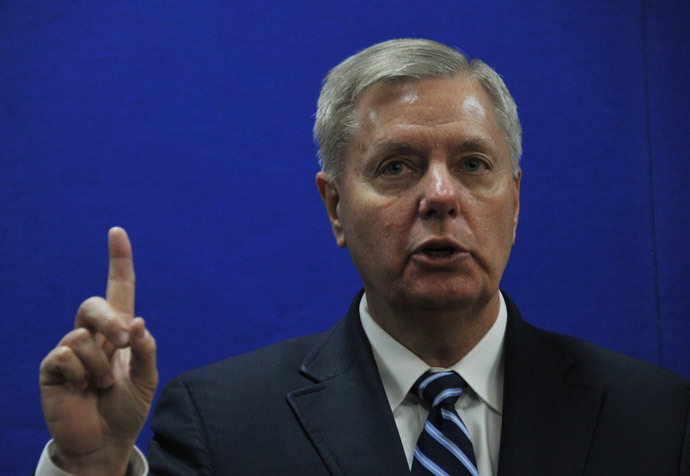
Earlier this week, it was released to the watchdog group Judicial Watch under a Freedom of Information Act request, sparking allegations that the administration intentionally kept it from Congressional investigators. As noted by The Hill, Republicans such as South Carolina Sen. Lindsey Graham claim the email is a “smoking gun” that shows the White House was trying to portray a situation “at odds with the facts.”
Within the email, Rhodes said Rice should “underscore that these protests are rooted in an internet video, and not a broader failure of policy."

Despite initially arguing the Benghazi attack was the result of tense regional protests related to an offensive YouTube video, the White House later acknowledged it was a planned attack.
In the wake of the email’s publication, the House of Representatives’ Oversight Committee issued a subpoena for Kerry to testify on the situation on May 21. Though Kerry was not in the State Department at the time of the attack, he was in charge when documents were being turned over to Congress.

"The State Department's response to the congressional investigation of the Benghazi attack has shown a disturbing disregard for the Department's legal obligations to Congress," committee chairman Rep. Darrell Issa (R-Calif.) wrote in a letter to Kerry, according to Fox News.
"Compliance with a subpoena for documents is not a game,” Issa added. “Because your Department is failing to meet its legal obligations, I am issuing a new subpoena to compel you to appear before the Committee to answer questions about your agency's response to the congressional investigation of the Benghazi attack."
For its part, the White House claims the reason the email was not turned over was because it was not directly related to the attack. Instead, The Hill reported that Press Secretary Jay Carney said Wednesday “the email was intended to brief Rice only on the broader unrest in the region.”
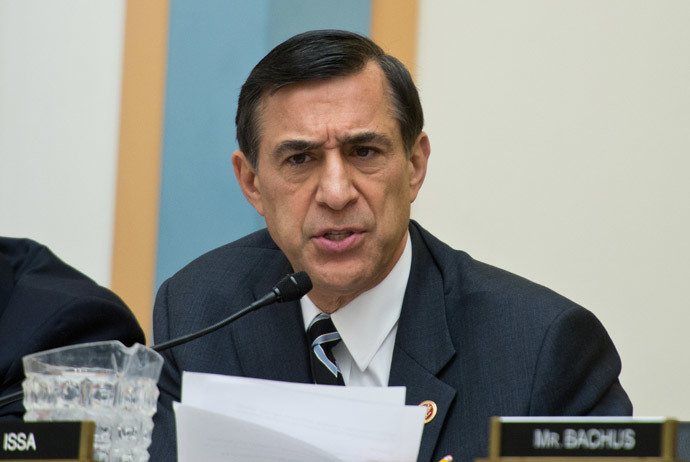
Carney also noted that the initial belief that the attacks were part of broader protests originated from the CIA, not from the Obama administration.
"What we have seen since hours after the attack, beginning with a statement by the Republican nominee for president, is an attempt by Republicans to politicize a tragedy -- and that continues today and yesterday," Carney said, according to the Associated Press. "The focus should be on making sure that what happened outside of the diplomatic facilities in Benghazi doesn’t happen again."
In a Thursday hearing on the issue, however, Issa accused the administration of a lack of transparency, saying that leaving out the email and other documents could potentially be a “criminal” act.
"It is disturbing and perhaps criminal ... that documents like these were hidden by the Obama administration from Congress and the public alike," he said.













